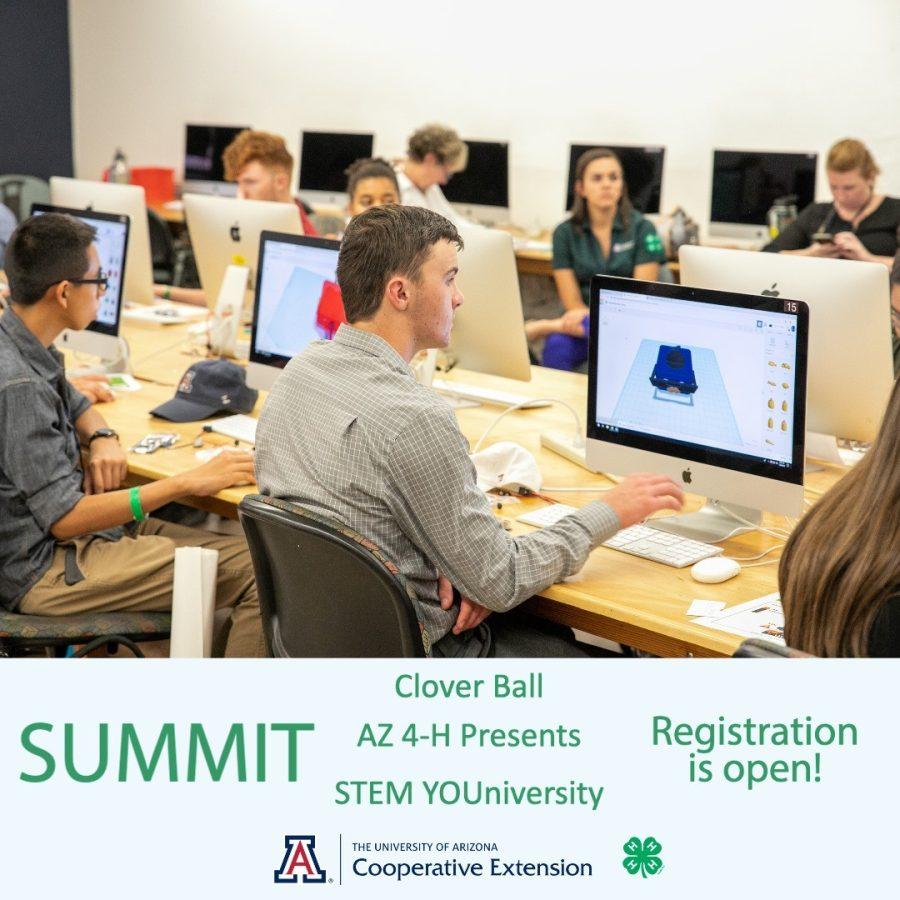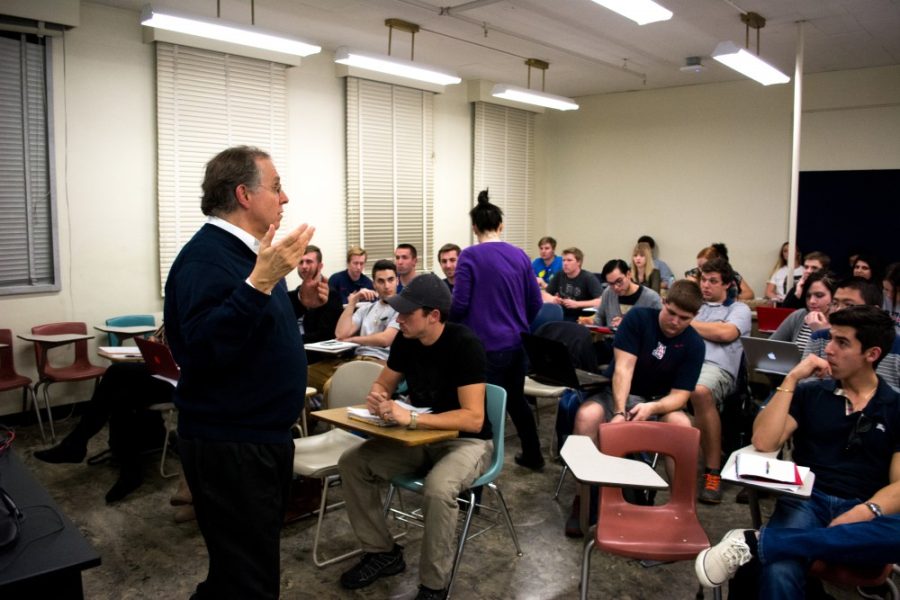The University of Arizona’s 4-H Summit 2020 was held virtually through Zoom on June 1-3.
Nick Morris, an associate in Cooperative Extension’s 4-H Youth Development, said in an email, “Our key outcome is for youth to understand how their unique skills and interests can develop into success on campus, in future careers, and currently in their communities.” He said there were 55 high school and middle school students from 14 counties and several tribal communities in attendance.
The 4-H program is a youth organization whose mission is “inspiring the next generation of leaders, inventors, entrepreneurs and problem solvers, transforming the ordinary into the extraordinary.”
RELATED: Asteroids Bennu and Ryugu may have formed from direction collision in space, could be siblings
During this summit, 4-H students experienced academic programming from campus faculty and partners focused on problem-solving in STEM and agriculture, healthy living and civic engagement contexts. They also began their LEGO CoderZ programming camp.
Students also participated in a career skills workshop and learned skills for writing resumes, networking and creating an online brand.
It is not a career-fair type of experience but more of an opportunity for them to build relationships with future employers and gives them a chance to see what kind of career they want to go into. It also helps guide students to see what program they want to go into in college. Once they are in college, it helps prepare them for how to develop a pathway toward their career.
The 4-H youth also participated in a community service workshop highlighting the essential elements of successful service projects.
“While our 4-H history is tied to agriculture, our youth are interested in much more,” Morris said over email.
Morris said 4-H highlights the varied skills and specialties that are essential in today’s agriculture industry. The group also works to ensure that young people who are currently participating in agriculture projects but may be interested in a different future are able to tap into their 4-H agriculture experience for success elsewhere.
Jeremy Elliott-Engel, an associate director of 4-H Youth Development for the UA’s Cooperative Extension, said, “The idea is we want young people to take their project they are working on locally in their club, and we want to connect them to faculty on campus and introduce them to real world problems.”
They want students to apply what they learned during the summit in their communities to address those problems, and they also want them to build a positive relationship with the faculty so they can work with them in the future.
If the summit would have been on campus, the students would have been in a lab. Since it was virtual, they were talking with faculty and learning about what they are doing.
RELATED: Campus reentry update: University of Arizona begins testing phase for new contact tracing app
Engel said the last day of the summit was about community service. Participants were doing workshops about how to identify problems, how to build the right coalition of sources as a young person and how to implement those sources.
Temple Grandin spoke at the summit. She is a consultant to the livestock industry on animal behavior and an autism spokesperson. Grandin alluded to some strategies to address food challenges in the time of COVID-19, animal behavior and also discussed how 4-H had a positive youth development influence on her.
“There is something for everyone in the community to get something out of this summit,” Elliott-Engel said
Follow Jillian Bartsch on Twitter









